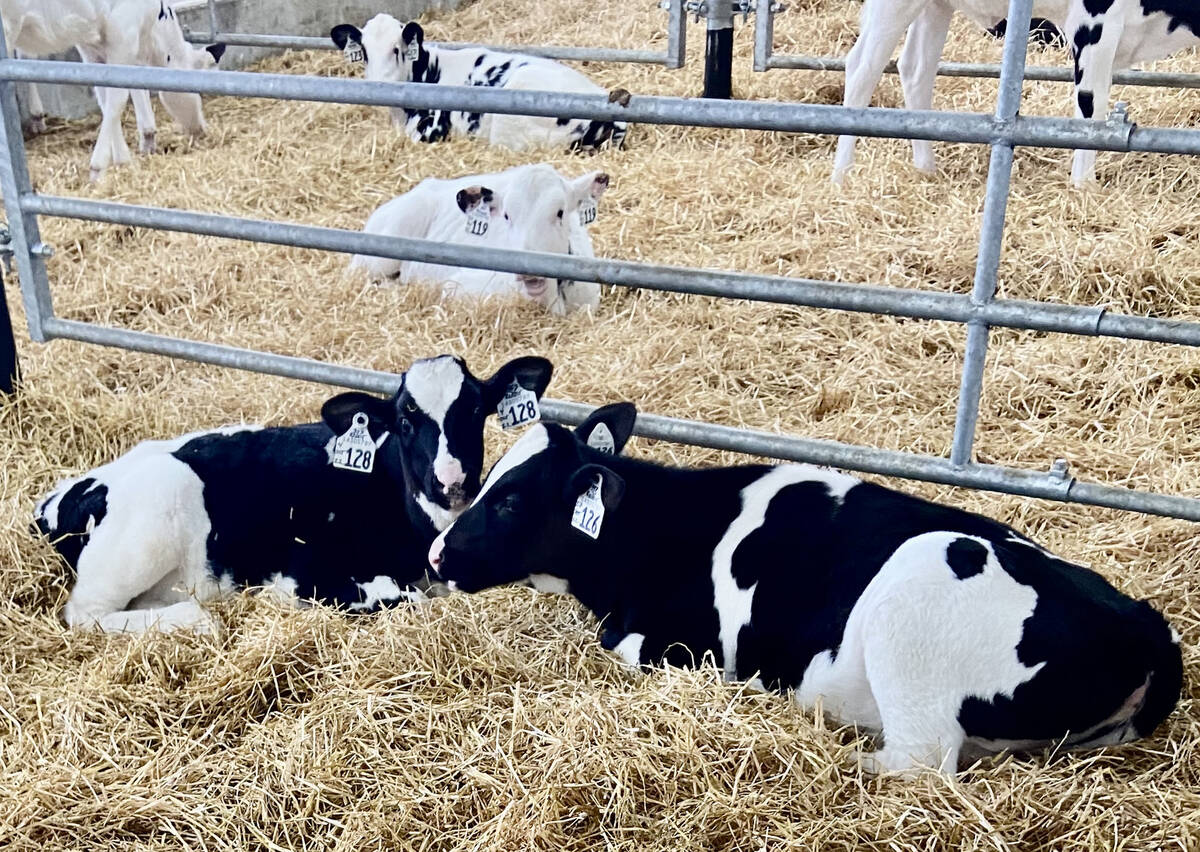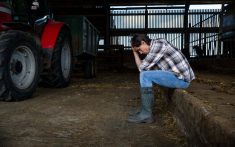Stories about livestock that are found to be confined, neglected, emaciated or dead on a farmer’s property tend to generate big headlines.
“I don’t understand how anyone could do that,” is the resulting refrain.
Dr. Andria Jones-Bitton has heard that common response.
“Frankly, if you can’t understand that, it’s probably a good thing. It means you haven’t been in the depths of low, low mental health, depression and anxiety.”
Why it matters: Addressing animal abuse issues means paying attention to farmer mental health, which is often at the root of livestock abuse problems.
Read Also

Back to the drawing board for sexed semen fertility ratings
Lactanet, the national genetic evaluation and dairy data provider, goes back to the drawing board with its sexed semen fertility rating index prototype.
Jones-Bitton, a veterinarian and epidemiologist at the Ontario Veterinary College in Guelph, Ont., is studying mental health and resilience in the agriculture and veterinary sectors.
She draws a direct link between farmers’ and ranchers’ mental health and the well-being of the livestock in their care.
“If farmers are struggling with their own well-being and motivation, they’re likely going to find it difficult to invest in improving animal welfare. When we’re mentally unwell, it’s hard to care for ourselves, let alone to care for others, even when those others are really important to us.”
Jones-Bitton told those at the recent National Farmed Animal Health and Welfare Council Forum in Ottawa, that her national survey of farmers’ mental health showed high levels of stress and low levels of resilience to the many pressures surrounding agriculture.
Those are major problems in themselves, and farmer mental health issues have received a higher profile in recent months through initiatives such as the Do More Ag Foundation and via a House of Commons agriculture committee study.
At the welfare council forum, Jones-Bitton emphasized the link between human mental human and animal health.
She cited studies from Ireland that showed the link between animal neglect cases and the mental health, addiction and social problems of those animals’ owners. Such cases call for compassion, she said.
“Even if you didn’t care about the humans that were struggling and you only cared about the animal welfare, you’d be wise to address the issue of farmer stress.”
Yet her survey revealed farmers feel increasingly vilified by uninformed public opinion about livestock production and by campaigns organized by animal activist groups.
Quotes from some of the 1,100 farmers surveyed indicated feelings of being attacked, ignored by government and society, stress and overwork.
“What makes me the most upset is I have everything I’ve ever dreamed of — love, family and a farm, and all I feel is overwhelmed out of control and sad,” said one respondent.
One veterinarian at the forum said mental health has been a factor in every case of animal abuse with which he’s been involved. He suggested a mental health professional be part of any team that investigates cases of livestock neglect and should perhaps be the first person to make contact with the livestock owner.
Jackie Wepruk, general manager of the National Farm Animal Care Council, said the link between mental health and livestock welfare should be better articulated to animal welfare activists, who frequently claim farmers are evil and uncaring when cases arise.
Jones-Bitton said there are veterinary social work programs either in operation or being developed, and similar training programs should be developed for agricultural social work in general.
She and colleagues at Guelph have developed a pilot project and hope to launch a program this summer.












